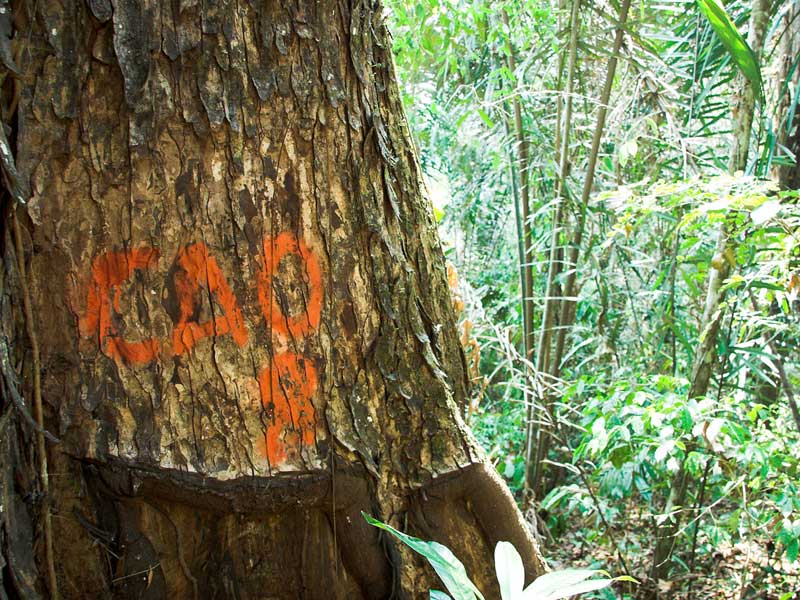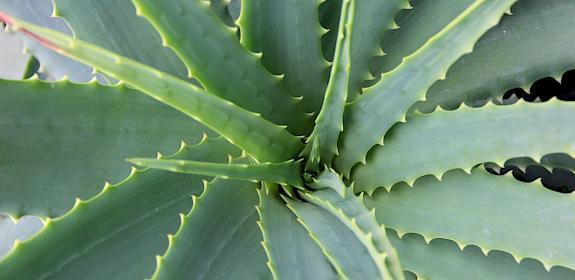Peru given six months to clean up mahogany trade
Doha, Qatar, 13th March 2010 – In a CITES meeting on Friday, Peru was given a six month ultimatum to address critical issues over the illegal mahogany trade.

The CITES Standing Committee – the body that governs CITES between conference of the parties meetings – took the decision to take this step following Peru’s repeated failure to manage effectively illegal logging and trade in the valuable timber.
Six months from now, Peru must have enacted legislation to regulate the mahogany trade, implemented a computerised tracking system for mahogany and harmonised the different harvest and export quota systems being used.
Failure to meet these requirements will result in the Standing Committee voting on a suspension of mahogany exports from Peru.
“Peru argues that it exports less than a fifth of the mahogany it did a decade ago, but that’s not because they’ve cut down on the trade through better management, it’s because they’ve plundered their forests of the resource,” said Bernardo Ortiz, Director of TRAFFIC South America.
“Years of mismanagement in Peru’s mahogany trade are making an international ban an inevitable outcome. But the reality is it is too little too late given mahogany is effectively commercial extinct in Peru already.”
Earlier, Peru rejected a recommendation from the Committee that it set a voluntary moratorium on its mahogany exports.
CITES Parties will be discussing further timber, medicinal plants and agarwood at the meeting. Agarwood – an aromatic resin found in certain tree species – is especially important in the Middle East, where CITES governments are meeting for the first time. Mahogany is popular to make furniture all over the world.
“Trees account for the vast bulk of wild plants in trade, yet only three commercially important timber species are listed on CITES, of which bigleaf mahogany is the most valuable,” said Colman O’Criodain, Wildlife trade analyst, WWF International.
Other timber proposals that CITES governments will consider at this conference include Brazilian rosewood and holy wood (also known as palo santo), both of which are also valued for their oils by the cosmetics industry.
An estimated 175 governments are expected to participate in the 15th Conference of the Parties to CITES, which began Saturday in Doha, Qatar, and runs until 25th March.



